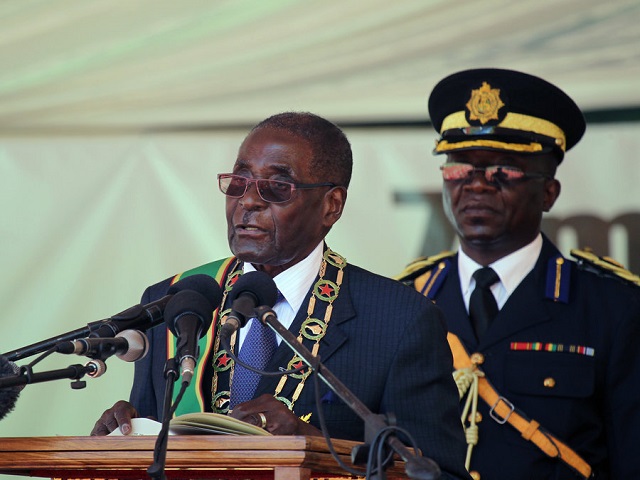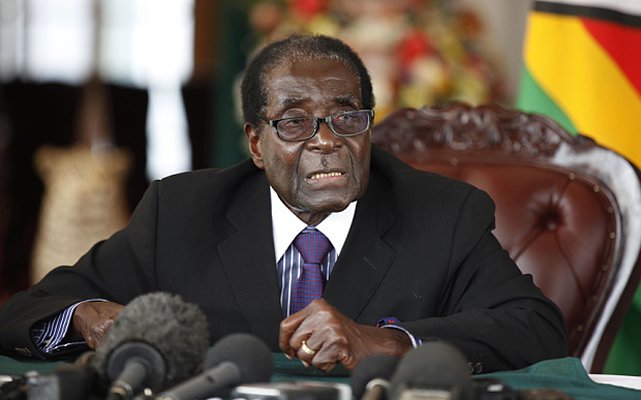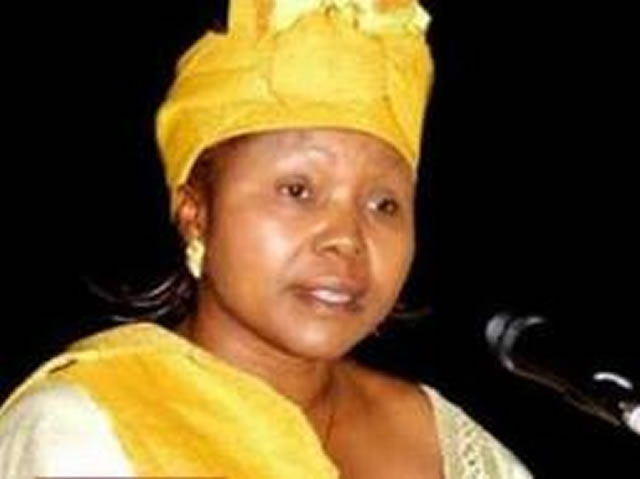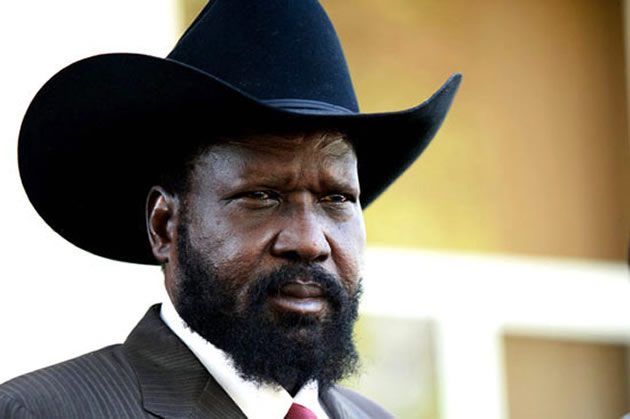Independence without land useless

Joram Nyathi, Spectrum
“We are going to follow the President of Zimbabwe. We take the land by force. We are not going to buy this land because it was stolen from us. The ANC is scared of white people”
THERE is always excitement in Zimbabwe whenever there is mention of amending the Indigenisation Act. So it was when President Mugabe told Parliament recently the Indigenisation and Empowerment Act required to be aligned to the policy clarification he made on April 11, 2016, on local foreign share ownership.
Not surprisingly, when the likes of John Robertson were solicited for their views on the President’s remarks, the response was predictable: the Act should be repealed. And he is not alone. What begs for answers is whether such an act would not constitute the biggest policy inconsistency for our treasured foreign investors! And is it conceivable that the Indigenisation Act can be repealed without dealing a mortal blow to the entire land reform project, which by every definition is at the heart of the indigenisation of the economy?
There is no doubt every economy requires foreign investors. But when you reverse the indigenisation process to allow foreign investors to do as they please, who then owns such an economy? You open yourself to daylight blackmail. You must live every day in fear because the moment you talk about a law to protect your national interests, you are threatened with investor flight, and you neither own nor control the economy or natural resources. Everything is surrendered to the whims of foreign investors!
That’s Zimbabwe. Across the globe control of resources is a burning issue. We can start nearer to home in South Africa where blacks seem to be mentally decolonising faster than Zimbabweans who have been nominally independent since 1980 but are not ready to own the economy.
A relatively new Pan-Africanist political party calling itself Black First Land First (BLF) is described in the media as “obscure”. But not so the cause it is championing in a country where the ruling African National Congress (ANC) is seen as too cautious to address people’s hunger for land.
Founded in 2015, and led by former ANC member Andile Mngxitama, the BLF has raised the stakes over land ownership in South Africa even as Oxfam International warns that access to land and its natural endowments has become a global problem caused by mass displacements and killings of the poor — those most in need of agricultural and pastoral lands — by greedy western corporations and private speculators.
In a founding document published by the City Press in August last year, Mngxitama argues that since majority rule in 1994, South Africa has spent a staggering R50 billion to buy just 8 percent of farmland from whites. About one million blacks have been displaced from their land in the same period. He is bitter that so much money belonging to South Africa’s poor is being spent buying back what was “stolen” from them.
He laments that blacks in South Africa have been betrayed by the ANC government, and come last in nearly everything from land ownership to education and job opportunities, the latter because they were denied quality education under apartheid rule.
He is inspired in his ideological leaning by Martinique-born French revolutionary intellectual, Frantz Fanon, who declared in the 1950s; “For a colonised people, the most essential value, because it’s the most concrete, is first and foremost the land: the land which will bring them bread and, above all, dignity.”
Mngxitama is disappointed with Economic Freedom Fighters leader Julius Malema whom he says has now compromised after he recently told students at Stellenbosch University only “unproductive land” should be appropriated. In the past he threatened to seize banks, mines and farms without compensation should his party come into power.
The BLF doesn’t believe votes will give people back their land either, preferring rather the Robert Mugabe way, in rhetoric set to rattle white capital that’s already unnerved by a volatile rand currency in Mandela’s Rainbow nation.
Showing his frustration with the slow pace of land redistribution under the ANC, Mngxitama reportedly told his supporters recently; “Land doesn’t come through voting. Those who say vote for us and we will give you your land are lying to you. If you want land, you take it. You take the land. Forward with Mugabe.”
Zimbabwe launched the land reform programme in 2000 against resistance from white farmers. So far nearly 300 000 people have benefited.
However, the success of the programme has been compromised by a plethora of problems, from sanctions imposed on the country as punishment for the land reform, to lack of technical skills, corruption, inadequate funding and more frequent drought conditions in the whole Sadc region due to climate change. (Incidentally, although detractors describe the programme as a disastrous failure, Zimbabwe doesn’t seem to feature in the 2016 annual Global Hunger Index released this week of 118 countries experiencing extreme hunger, a majority of whom are in Sub-Saharan Africa.
Instead we are represented by Zambia, Chad and CAR where nearly half the population is said to be undernourished. The research was conducted by Washington-based International Food Policy Research Institute, not by Zanu-PF.)
Mngxitama went on: “We are going to follow the President of Zimbabwe. We take the land by force. We are not going to buy this land because it was stolen from us. The ANC is scared of white people.”
These views should find purchase among students currently burning books and demanding genuinely African, free education in South Africa, because their dispossessed and uneducated parents can’t afford what has become a preserve of the elite and whites. (A stinging irony is that those who want President Zuma ousted might get their wish, which could create a leadership vacuum and room for a real revolution in SA, unless those in charge are prepared to do a shame worse than Marikana.)
Demand for land is not eccentricism peculiar to South Africa and Zimbabwe. Namibians are getting more vociferous in agitating for a more radical land policy and an end to economic marginalisation, just as thousands of peasants are being displaced in Mozambique by “investors” exploring for oil.
But it is findings by Oxfam International which are alarming. In a report titled Custodians of the Land: Defenders of our Future, to be released next month, Oxfam, a humanitarian aid agency, exposes desperate struggles for land in Latin America, Asia and Africa by the poor against a scramble by Western corporations and super-rich individuals for land to meet rising demand for food and biofuels or mineral resources back home.
The report accuses treacherous governments of conniving with foreign land predators to sign deals for the takeover of communal land without consulting the poor who need it the most, such as farmers and pastoralists.
“Governments and powerful business interests are marginalising up to 2,5 billion women and men from their lands,” says Oxfam, a confederation of 18 organisations operating in 90 countries to eradicate poverty.
“It is (marginalisation) the single biggest attack in the world today on people’s identity, rights, livelihoods, and security, as well as our environment,” it warns, adding; “A diverse campaign of terror and displacement is taking place in many countries, driven by greed and impunity.
People are being beaten, forcibly evicted, intimidated, disenfranchised, criminalised, tricked, discriminated against and denied their rights.”
To some extent, Zimbabwe is a step ahead of most of the countries targeted for the new scramble for Africa. While much of the communal land could be said to be undocumented, the land reform means it cannot easily be sold commercially to big business and speculators because it remains state land. More important, most of the people resettled since 2000 have been issued with 99-year leases on state land, meaning short of being “tricked” in deals between “weak and pitiless governments” and corporations, they are protected by the law.
The rise of Black First Land First in South Africa reminds us that many colonial peoples realise it is not yet Uhuru in Africa without restoration of land to the black majority. Without it there can be no “dignity”, nor anything “concrete” to signify true independence.
The blithering idiots who claim I am now a “strident supporter” of President Mugabe miss the point. There can be a chasm of a difference between an individual’s personal shortcomings and crusading for a universal cause. Land ownership and the need for black economic empowerment go far beyond Mugabe’s mortal being. Only incurable imbeciles have talents enough to conflate the two.












Comments